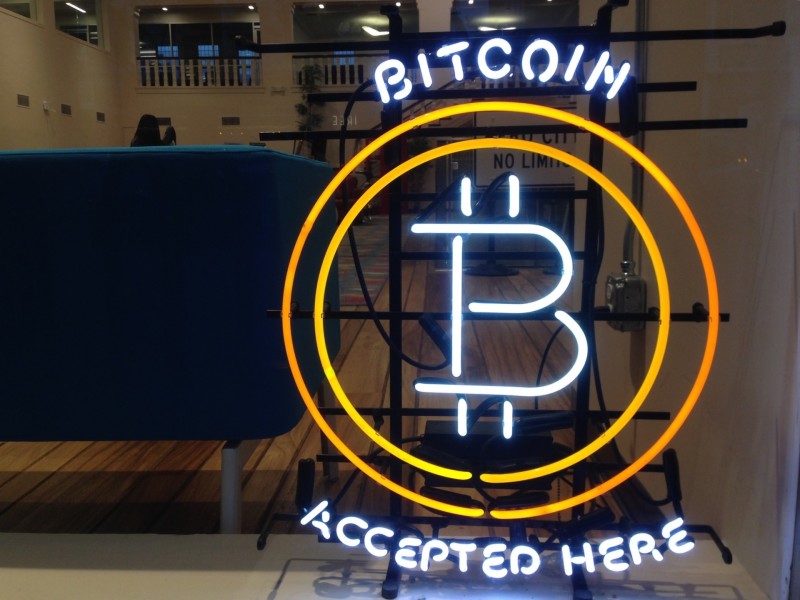Bitcoin has been around for six years now, but most of us are still unclear on just what it is, let alone why it matters. The digital currency has been flying under the radar, appealing to a group of die-hard fans, like libertarians who want freedom from government control, and illegal drug traders -- who also want freedom from government control. But that Wild West world is giving way.
If you work in Silicon Valley, as Ryan Singer does, you can appreciate what it feels like to be excited about something much of the rest of the world has never heard of. Singer’s startup, Domus Tower, is developing Bitcoin technology that will speed up stock trades.
He understands that Bitcoin sounds new and strange and possibly scary, and ticks off some frequently heard concerns: "Are your identities safe on it? Are children safe on it? Is it a method for spreading pornography? That was basically all anyone said about the Internet until suddenly it became normal."

Bitcoin is hardly “normal” - yet. Lots of people have reasons to distrust it, thanks to a string of high-profile scandals.
- Silk Road Mastermind Ross Ulbricht Convicted of All 7 Charges
- MtGox bitcoin exchange reopens so users can stare listlessly at their loss
- Bitcoin 'exit scam': deep-web market operators disappear with $12 million
As a result, Bitcoin’s value has careened wildly from north of $1,200 at the top (in 2013) to less than $230 now.

